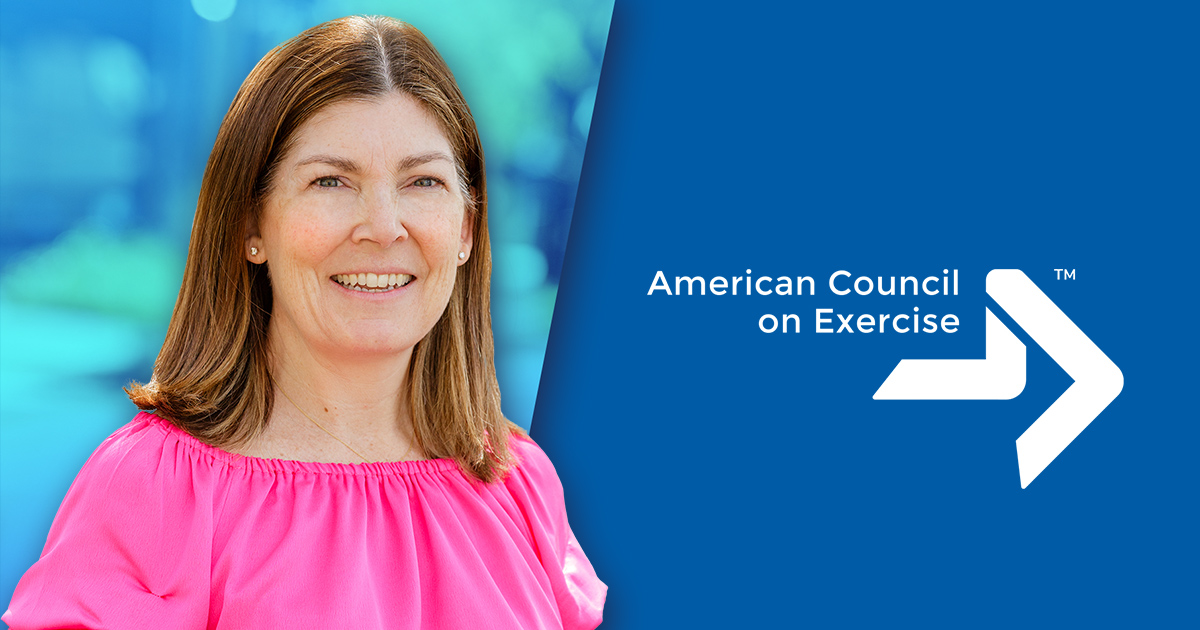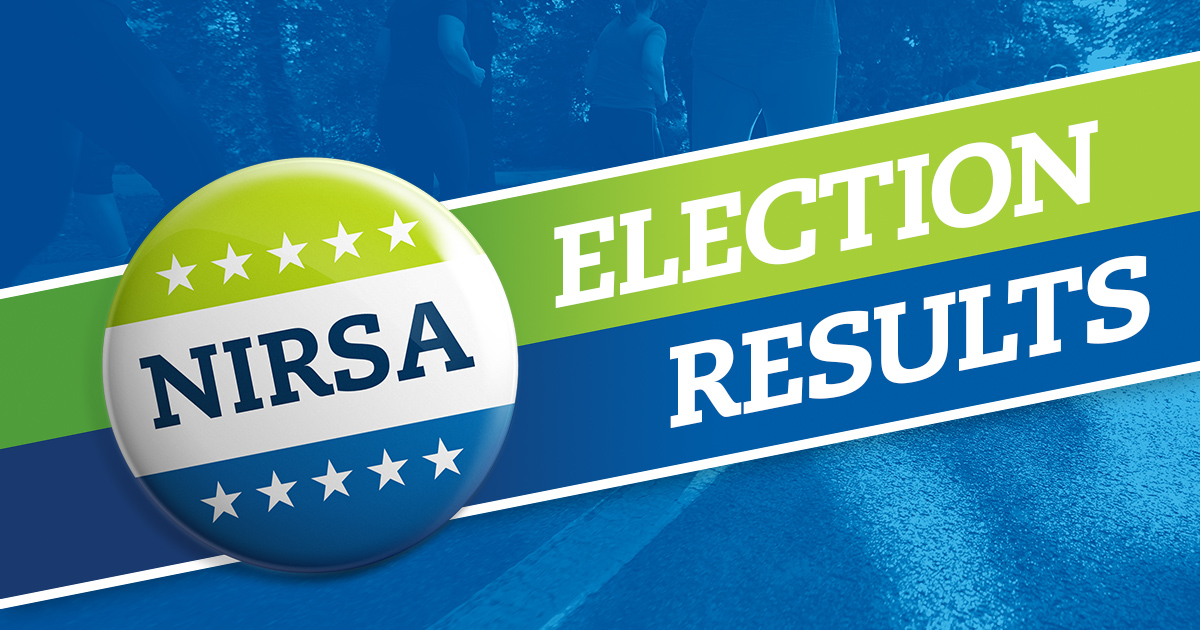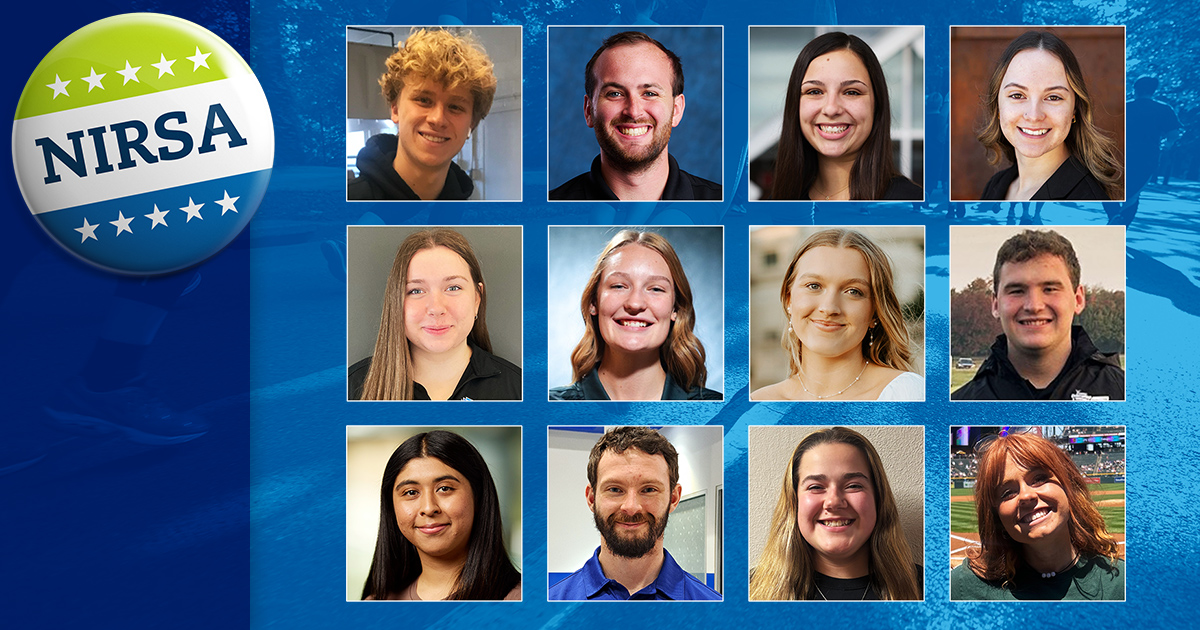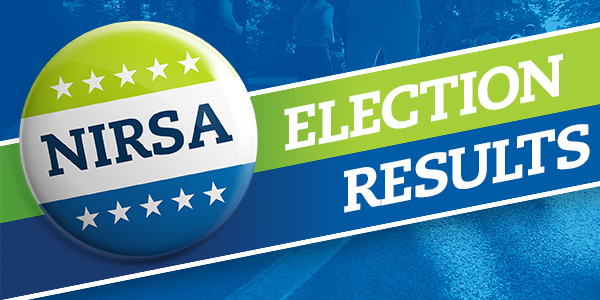By George Brown and Simon Bravo
Earlier this month, the National Coalition for Promoting Physical Activity (NCPPA) announced Dr.
Donna E.
Shalala, President of the University of Miami and former U.S.
Secretary of Health and Human Services (HHS), as the 100th CEO signatory to the CEO Pledge, a national campaign with the goal of encouraging every CEO in the United States to recognize physical activity as an important driver of employee health and business performance.
Dr. Shalala has long been a champion for the connection between student wellness and success later in life, adding to NIRSA’s 2010 Insights video production: “There just is no question that [the values gained through participation in collegiate recreation] strengthen a young person not just for a lifetime of wellness, which is what we’re really after, [but also] their attitude about their studies and their ability to be successful.”
NIRSA Executive Director Pam Watts was also among the first 100 signatories to the CEO Pledge. “NIRSA has been doing important work around promoting physical activity on college campuses across the nation for students, and, by signing the CEO Pledge, has made a meaningful commitment to improving access to physical activity opportunities for their workers,” said Scott Goudeseune, President of NCPPA. “Part of the power of the CEO Pledge program is the diversity of the organizations that are participating, and we are pleased to include NIRSA among these leaders committed to workplace wellness.”
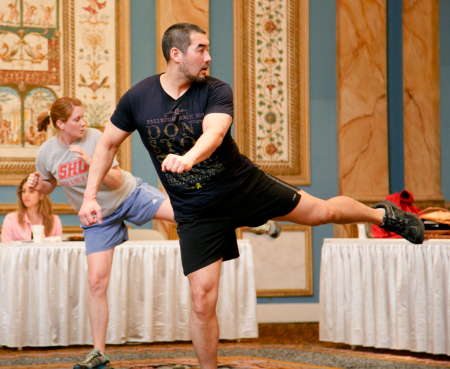
NIRSA members strive to live our value of health and wellbeing.
In 2012, when NIRSA officially adopted six Strategic Values as a critical lens through which NIRSA volunteer leaders can envision and align our work, understand the needs of our profession and association, it was clear that health and wellbeing would be an integral layer of that lens. NIRSA’s Health and Wellbeing Commission is looking to foster continuous dialog on the important role collegiate recreation departments can play in addressing holistic health needs of individuals in our communities across physical, emotional, social, intellectual, environmental, spiritual, occupational, and financial spectrums. Challenges to healthy behavior that inhibit learning in students on college and university campuses highlights the interrelation of these many spectrums.
From the perspective afforded us by our roles on campus, it is especially apparent that colleges and universities have a unique opportunity to impact students, employees, and the surrounding community with wellness initiatives and health education. Recreation professionals can serve as relationship builders and catalysts for stimulating robust discussions to develop and improve workplace wellness practices.
Although some campuses have well established wellness programs to serve these needs, wellness is an emerging service for many institutions. From those campuses with established programs and initiatives, we’ve learned that wellness is a collaborative effort transcending many departments across an institution’s campus; but, we’ve also learned that campus recreation professionals have an enormous opportunity to make substantive contributions to the health and wellbeing of our campus communities.
The NIRSA Health & Wellbeing Commission invites you to join in the growing discourse around the impact of obesity and other chronic diseases, as well as to join the cause in emphasizing prevention and holistic student and employee wellness. Join the Health & Wellbeing Community of Practice and share your questions, comments, and concerns with your colleagues from across North America. We also encourage you to share the resources that have helped your campus community—we need your help to make this resource library a valuable resource for the entire NIRSA Community.


